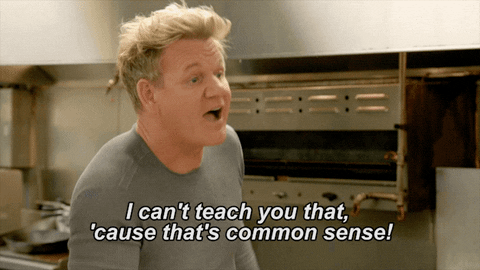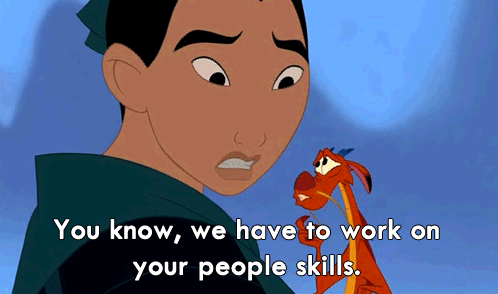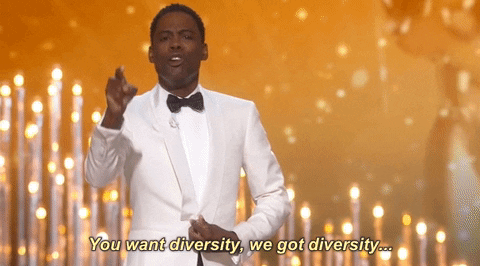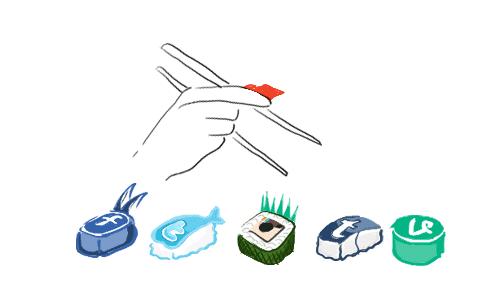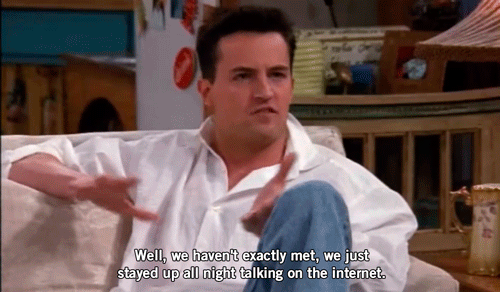
When was the last time you updated your resume? If you’re one of those looking for a job, it was probably just a few days ago (I know). Now just a simple question, do you have what ALL it takes for an employer to hire you?
Not sure? Never thought about it that way? Well, if you haven’t, ask yourself this question right now- what more do you have to offer your employer, other than your academics and technical skills? In what distinct ways can you contribute to the growth of an organization?
Yep. You got me right. Here I am talking about the soft skills (Yes, the ones that you write in a separate column in your resume). Well, it turns out that they aren’t present there to make your resume look fancy, but speak out loud about the type of employee you are.
Hang on a bit with me, as we dive in detail into some of the most crucial employability skills that you need to polish for a better kick-start in your career:
Hit the play button to listen to this podcast
=========================================================================
Audio File
1. Sense-Making
Here’s one thing-
Common sense is the most limited of all common resources.
When you get hired by a company, the employer would naturally expect you to understand any situation and act accordingly. It’s simple- the better you learn the work culture, the more you fit in.
Consider two employees who join a company together. Imagine one of them working just as instructed, and taking help from everyone around when having even a speck of doubt. While the other one using their intellect to solve their queries and seeking advice only when required. Who do you think is getting spoon-feeding here? Well, we all know the answer.
Any company would be more interested in the latter employee, who has a better decision making capability and a more innovative mind, than the former one acting like a puppet. Sense-making is, thus, the first thing that an employer will look into you.
2. Social Adaptability
Now this one is as obvious as the noonday sun.
Maintaining a healthy personal relationship with people in a workplace is a must for an individual, but what would the companies get out of it? You may ask.
Well, it clearly speaks a lot about your adaptability to a different work environment. The employees with better social intelligence are more likely to get along with their colleagues. They build better trust when working with a new team.
Communicating with clients becomes easier for such employees. They even have higher chances of transferring to a new office. They can also get promoted to a better designation (Ehmm.. Ehmm.. ).
You may thus want to come out as transparent, conversational, and confident as you can in an interview, and your workplace as well. Because it is not the strongest or the most intelligent who will survive, but those who can best manage change.
3.Thinking Out Of The Box
Let’s all face it-
Innovation comes from seeing what everybody has seen and thinking what nobody has thought.
Why would someone be interested in you if you cannot stand out of the crowd in the first place? Get done with the monotony and steadiness ASAP! The world is already full of normies, and demands innovation in each step, to create something new.
The ability to come up with a new product is something that will be highly in demand soon. Instead of following the paved way, you must learn to consider all the paths possible. Low-skill occupations are deteriorating fast. Invest more in innovation.
4. Cross-Cultural Competency
As we are heading towards a more globally connected world-
Learning a language is like having one more window from which to look at the world.
Diversity of thoughts equals to expanding the imagination. Workplaces are becoming more dependent on people from diverse backgrounds, collaborating for innovation. The organizations in the future will be compelled to work with people and companies from all over the world.
But the main problem arises when it comes to employees with different cultural preferences trying to get compatible with each other. A cross-cultural workplace can shape new conflicts that may usually not exist among a conventional team. (oops!)
Cross-cultural competence, thus, becomes very crucial for an employee to understand the perspective of people from different walks of society. Hence, employees with effective cross-lingual communication are highly welcome in the best organizations.
5. Computational Thinking (CT)
At the end of the day-
It’s all about becoming a mathematical thinker, not a calculator.
Gone are those days when IT knowledge was enough on a resume to impress the recruiters. Employers are now more interested in knowing about your quantitative analysis and statistical reasoning skills.
Computational Thinking- sounds fancy? Okay. Drop that bag of chips there and listen to me carefully. CT is a set of skills required to understand and work out problems, in a way a computer would do.
Didn’t get it? Let’s try again.
CT refers to a problem-solving process that involves collecting data, decomposing the available facts, analyzing, finding a pattern, and developing an algorithm to solve similar problems in the future. Read that again if you didn’t get it this time too.
To have sound CT skills means being prepared to analyze and solve such upcoming problems that don’t even exist yet. It is not about writing codes that only machines can understand, but rather simplifying things for further use.
6. Literacy of Emerging Media
We all love sharing memes (duh! Who doesn’t?). But some of us might have friends who create those memes instead. They know how to utilize the Snapchat filters, tweet with gifs, and they also came to know about the Instagram story first among us (social media addicts ooff).
Let me break it to you. That friend is good. Be that friend!
As we all are aware of the fact that social media is emerging faster than ever, marketers are focusing immensely on these platforms. Any individual with a literacy of the new media and its features is the Hokage of the Digital era (Dattebayo!).
You must learn to utilize content that is trending and recreate it in your way. Companies these days work in non-cliche ways and demand individuals with such creativity.
7. Trans-Disciplinary
Sir Albert Einstein once said-
I have no special talents. I am just passionately curious.
Any person who has profound knowledge in one field, but is curious for other subjects as well, is highly welcome in all workplace. Curiosity might have killed the cat, but it can get you a job for sure.
A trans-disciplinary employee is someone who takes interest in all work performed even if it doesn’t belong to their genre. This behavior proves to be extremely beneficial for any employer because such people can be easily employed to perform extra tasks in the time of urgency or crisis.
Also, such individuals can grasp any new or different concepts faster due to their pre-existing interest in all the work performed around them. They can help their colleagues better and have more chances of getting shifted to a different designation.
8. Design Mindset
It is very obvious to all of us that-
When you change the way you look at things, the things you look at change.
Imagination is more important than knowledge. All that information in your head is a waste if you cannot think about something with a unique perspective. In simple words, design thinking is a process of solving problems creatively, with a different approach.
This skill aims at resolving issues by understanding the perspective of the end-user. Capital centric markets have turned into Human-centric markets, and you will have to put yourself in the consumer’s shoes and provide services accordingly.
Adopting a design mindset is especially in demand for designations like HR and Management. If you want to get ahead of those 50 colleagues working with you in the future, you must better focus on improving this skill right now.
9. Cognitive Load Management
Sir Stephen R. covey once said-
The key is not to prioritize what’s on your schedule but to schedule your priorities.
It is very obvious that those good old college days will be long gone once you begin your professional life. To deal with multiple tasks, an employee has to master the skill of managing their assigned work properly.
Recruiters always look for candidates who don’t get bothered by an overload of work and know how to filter the important ones first. Such individuals don’t lose their efficiency due to workload, and can also prove to be really productive during times of urgency.
Such individuals also are multi-tasking, have a higher mental capacity, and retain their creativity even after long working hours. That is everything an employer wants from you. (Perfection!)
10. Virtual Collaboration
Okay, read this again and again-
No one can whistle a symphony. It takes a whole orchestra to play it.
Being a team-player, but obviously, is extremely crucial in any workplace. But working in teams who meet each other physically doesn’t necessarily make you a sound virtual team-player. With globalization at its peak, one must learn to work with people who may even live far across the oceans.
But how is it different? I’ll tell you how.
Not meeting team members in person can develop a sense of segregation. One might not be able to open up with their team in such cases. It is an obstacle that blocks ideas and communication and reduces the productivity of an entire team.
To be a virtual collaborator, one must learn how to overcome this. Improving virtual communication skills can help in such cases.
Take Notes
Heya! I’m glad you made it up here. Above I have mentioned some of the most crucial skills that you need to master. Now stop focusing on making your resume look cool and start focusing on improvising upon these skills. You never know where they may take you. Do you have any doubt? I would love to hear from you in the comments below!

